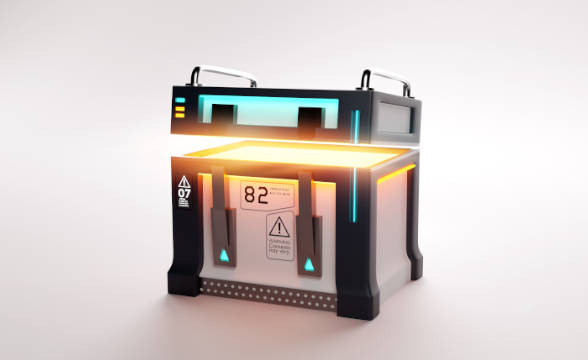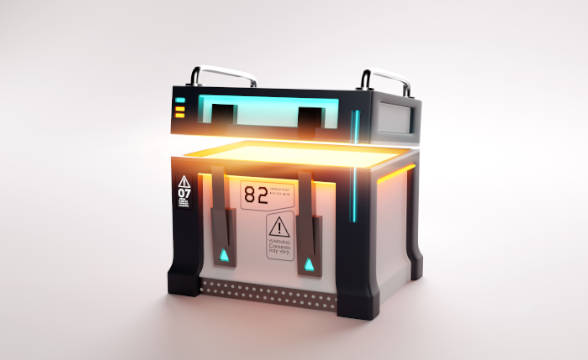Loot boxes are going to prevent Diablo Immortal from releasing in the Netherlands and Belgium and now, these controversial treasure chests are back in the scope of Spanish authorities who have called for a tighter review of whether the digital containers are in fact a form of gambling. This time Spain will rely on public input to try and find the answer.
Public Input to Help Spain Decide Loot Boxes’ Fate
The nature of the loot box is associated with a random number generation commonly used in games of chance, such as slots, table games, and others. The idea is that a person can purchase a loot box in a video game and then claim a prize. This prize is determined by a random percentage or chance for the contai top646 ner to have a certain reward.
Ten years ago, publishers would not list the chances of getting certain items from loot boxes, but recent regulatory pressure has forced them to change this up and display what loot box has what chance of dropping what items. Of course, luck plays a huge factor here as loot boxes seldom hit the mark, and this is where their addictive and risqué nature comes in.
There is some room for debate, of course. A slot machine would not reward players with every spin, but a loot box will always contain some item, which is some value of sorts. In other words, players do pay to get access in the form of microtransactions with a bit of added mystery. While the Netherlands and Belgium have decided to block all games, including Electronic Art’s FIFA and Apex Legends, and now Activision Blizzard’s Diablo Immortal, the question of loot boxes is still up for debate.
Spain’s Ministry of Consumer Affairs has begun a consultation on the matter hoping to find more about the social perception of these digitalized items. Meanwhile, Spain’s Directorate-General for the Regulation of Gambling and minister of consumer affairs Alberto Garzón have both called for more control over loot boxes.
The upcoming regulatory review of the Gambling Act 2005 has also been accompanied by frequent calls to make sure loot boxes are properly regulated. Many observers have already agreed that loot boxes are indeed gambling and that worse – children are hooked. The most recent report by the Norwegian Consumer Council argued that players were manipulated to spend their money, and offered decent prizes, but often got the worse-off items.
Are Loot Boxes Really Needed If It’s So Simple?
While it’s all based on a random number generator, the actual value spent on a loot box to claim an item far exceeds what you would normally pay for the item outright. Opponents have called that loot boxes to be phased out in favor of in-game marketplaces where all of these items are available.
Some publishers and developers, though, have made a fraction of their S-tier items only accessible through haptically trying to unlock a loot box, and this is the rub of many arguments opposing loot boxes as gambling hit.
The fact remains that the public and regulators are split, and this is precisely why public consultation is coming next in Spain. Electronic Arts may have been called a pariah in Benelux – the name given to the Netherlands and Belgium when referred to together – in terms of loot box games, but a Dutch court actually ruled that EA was not breaking any gambling laws by offering games with loot boxes.


